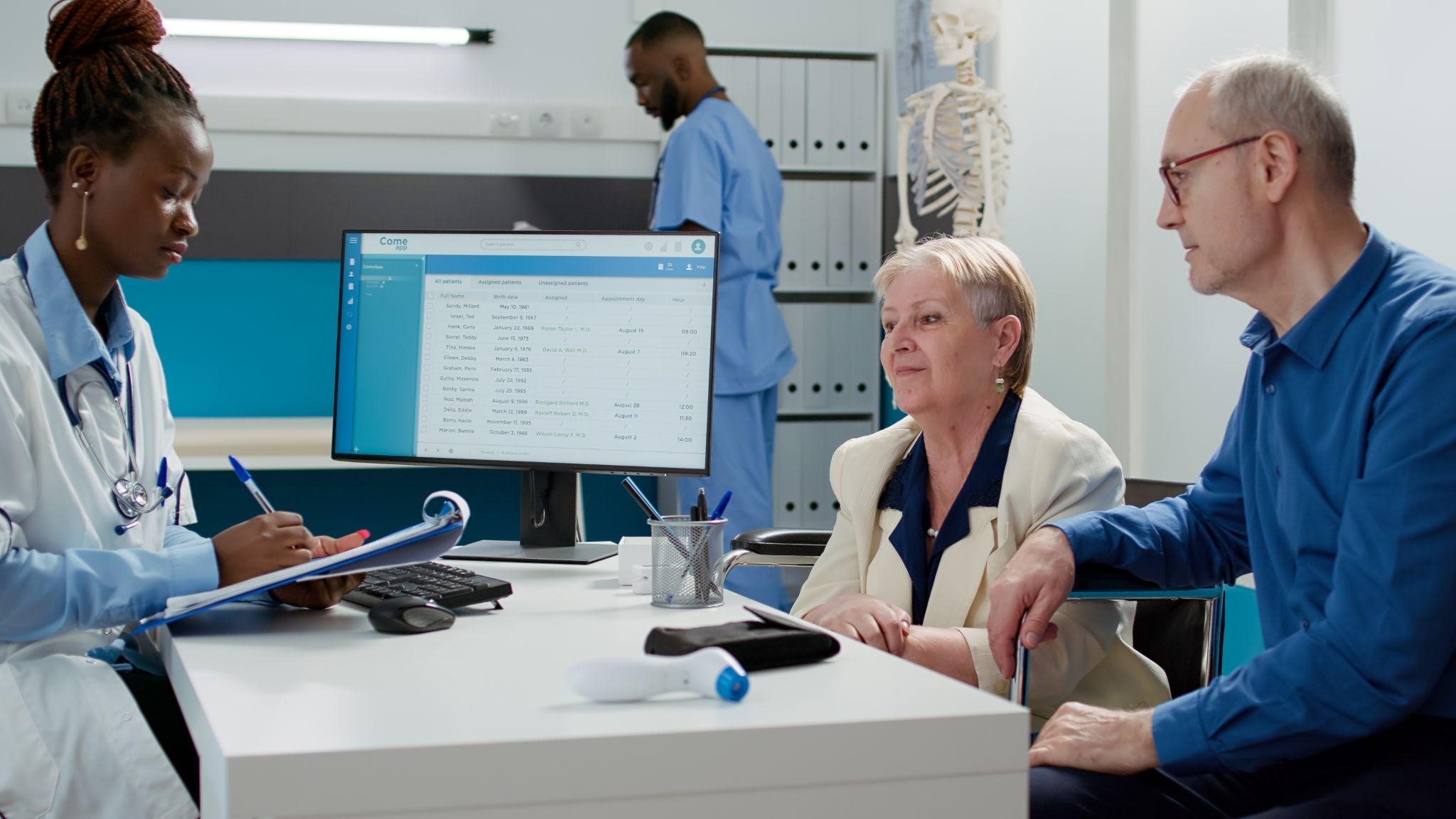Suppose you have learned about Medicaid and Waiver Programs, such as Nursing Home Transition and Diversion (NHTD) and Traumatic Brain Injury (TBI). You have realized how essential patient coordination software can be.
If you don’t have the exact idea of this software, then you might miss some of the best ways to use this tool. However, a patient coordination software tool can not only help you in handling Medicaid and Waiver Programs.
But it can also transform your entire organization to deliver value-based care. In this article, we’ll cover four ways through which you can employ patient coordination software.
What is Patient Coordination Software?
Patient coordination software is a key digital solution used by home healthcare agencies, responsible for coordinating various types of patient services. Additionally, it helps care teams to keep accurate records of patients, from the start of their symptom diagnosis to recovery.
In simple words, it’s a mechanism by which healthcare professionals get support in the form of clinical workflow and streamline integrated care services.
What are the 4 Ways to Use Patient Coordination Software?
Healthcare practitioners use this software for multiple reasons. So, below we have compiled the four methodologies through which this technology benefits home care agencies and clinics.
1. Cover Care Management Programs
Healthcare providers most frequently use the software to cover and offer a care management program. For instance, Medicaid and Waiver programs. All such programs benefit patients through preventive measures.
This software can simplify your practice and address certain quality care performance. Additionally, patient coordination software works as a one-end solution to adhere to compliance policies of HIPAA regulations.
2. Gather and Interpret Patient Info
Some patient coordination solutions offer analytics to gather and analyze patient information. This can sound instrumental in recognizing healthcare trends and avoiding emergencies. It can also help close clinical efficiency gaps.
In the end, it can help you ensure that patient data serves a major purpose. Analytics are a vital source of reporting on how your healthcare practice correlates with performance metrics. It can guide you in calculating the exact time spent on activities that engage patients and show improvements in patient outcomes with statistics.
Furthermore, you can utilize patient information to address workflow inefficiencies by measuring an overall process.
3. Automate Administrative Tasks
Your administrative staff can use patient coordination software to use care management programs and successful patient engagement. Although, this software can automate segments of care plan creation.
The care plan is essential to preventative health programs and coordination of services. Care coordination software can be a handy tool to enhance operational efficiency. Because reports and scheduling of appointments are handled automatically.
4. Increased Patient Satisfaction
Efficient patient coordination leads to better outcomes and higher satisfaction among patients. Transparent communication, real-time care, and professionalism in service delivery contribute to a positive care experience.
What is the Future of Patient Coordination Software?
According to the latest report it is estimated that global patient coordination software is projected to rise at a CAGR of 19.57% during the forecast period from 2024 to 2035.
The future of healthcare software platforms is continually evolving. As a considerable number of home care agencies rely on this software will harness the power of data. Especially in the form of enhanced patient care, administrative efficiency, and strategic decision-making.
From integrating smooth data and interoperability to leveraging advanced analytics, these platforms play a significant role in transforming healthcare delivery.
Things to Check Before Buying Patient Coordination Software
Finding the most reliable patient coordination software might be a daunting task. Many factors contribute to the reliability of software, especially features, pricing, and reviews. However, you should estimate your budget before employing reliable software.
Before buying a software, go for extra capabilities like,
- Automatic Scheduling
- Electronic Health Records (EHR)
- eSignature
- RingCentral Integration
- Report Generation
Let’s come together to harness the power of data for smarter healthcare solutions
Contact Integrated IT Solutions Today
Experience How Software Can Grow Your Practice
Value-based care delivers quality in healthcare practice. Hence, patient coordination software can help minimize your financial burden with enhanced operation efficiency.
So employing a patient coordination platform is the first step toward a successful future for your organization. With the right tools and strategies, you can optimize care coordination, enhance patient outcomes, and maintain the sustainability and success of your healthcare practice.
Let’s experience technology and take your practice to the next level.




